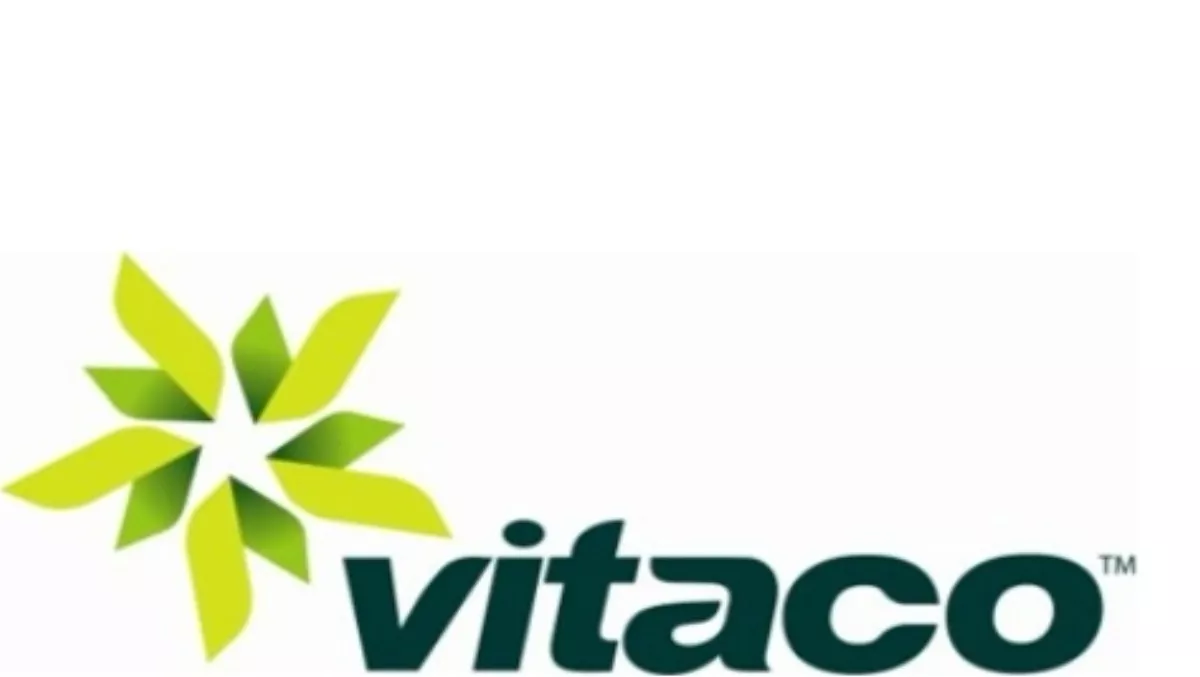
Next Capital mulls possible IPO, trade sale for Vitaco
The private equity owners of Vitaco Health Group, the trans-Tasman health foods manufacturer, are mulling a possible initial public offering or trade sale to Asian food companies, according to Australian media reports.
Australian private equity firm Next Capital, which majority owns the health food and supplements business, has appointed former UBS managing director Quentin Miller to field offers from Asian food companies and is also considering an IPO, according to a report in the Australian Financial Review. Next formed Vitaco in 2007, after buying Healtheries New Zealand for $62.5 million in December 2006 and Nutra-Life Health - Fitness for $82.1 million.
In September 2013, the AFR speculated the business could sell for between $250 million and $300 million.
A possible float or sale comes after Vitaco cut a deal with the Inland Revenue Department last April over the use of $61.1 million of mandatory convertible notes and $24.5 million of convertible preference shares, reported in its 2014 financial statements. The tax deal means Vitaco will forfeit all tax losses generated from the notes, and includes a condition to unwind both securities, specifying changes to the conversion features of the instruments, it said.
The settlement was one of two for companies owned by Next last year. In June 2014, the prospectus for rental group Hirepool, which Next ultimately scuttled after fund managers pushed back on price, showed the hire firm also cut a deal with the IRD, forfeiting $58.6 million of tax losses generated from its use of mandatory convertible notes.
Vitaco had zero tax losses recognised for no benefit as at March 31, its 2014 balance date, compared to tax losses of $40.8 million for a benefit of $11.4 million a year earlier, saying the realisation of those benefits through future profits was "not probable."
The firm reported net profit of $13.9 million in the 2014 financial year, down from $15.3 million in 2013, with revenue falling 5.5 percent to $169.2 million. Operational cashflow climbed to $9.3 million in the year from $5.3 million in 2013, though some $10.2 million in loan repayments left it with cash and equivalents of $954,000 as at March 31.

